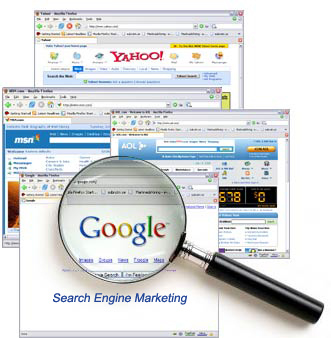New Study Reveals How SEO Dramatically Boosts Lead Generation and Conversion Rates
We all know organic search drives traffic and leads. But the results of a recent growth report have completely blown away expectations, including those set by the staunchest Search Engine Optimization advocates.
According to an iProspect study of more than 50 brands and over 1.1 billion natural search visits, companies with active SEO campaigns witnessed organic site traffic grow 19.8 percent year-over-year in 2014. By comparison, paid search grew at a welcome – but relatively modest – 9 percent during the same year.
The results of the study are exciting, and should serve as a wake-up call to any brand that does not have an SEO strategy in place. Organic search now accounts for over 20 percent of site traffic on average. Numbers are much more impressive in certain verticals, with the hospitality industry boasting especially noteworthy stats. Travel and hotel sites, for example, acquire roughly 50 percent of their traffic through organic search. Given the prevalence of booking sites like priceline.com and kayak.com, which would fall under the category of referral traffic, the high percentage attributed to organic search is quite remarkable.
The most encouraging finding of the study has little to do with traffic data, however. Conversion rates also rose dramatically in 2014. Measurement metrics differed across industries and varied between product purchases, account openings, and contact form completions, but conversions are up 27 percent overall. That’s pretty extraordinary, considering the already high ROI of online media in general.
How Does This Affect Marketing Strategies for Apartment Management Companies?
The study’s most obvious implication is that apartment communities without a search engine presence are losing big time. It also should be clear that paid search marketing is no longer enough, nor is a listing service. If you want to benefit from the influence of organic search, you need to have an SEO-friendly content strategy that provides potential tenants with valuable information about your community.
In addition to creative marketing solutions, you also need to make sure the technical aspects of your site are up-to-date and relevant. We already know that Google will start punishing non-mobile-friendly sites in April. So if your property websites don’t feature responsive designs, you’ll want an upgrade. Rich content and semantic markup also warrant consideration.
While it seems as though the digital marketing landscape constantly throws us curveballs, it’s important to remember that maintaining a current marketing strategy for apartment communities is easily accomplished with a bit of creativity and technical awareness. The results of this study prove the rewards are well worth the effort.

Photo Credit: Search-Engine-Marketing by Danard Vincente | CC BY 2.0

